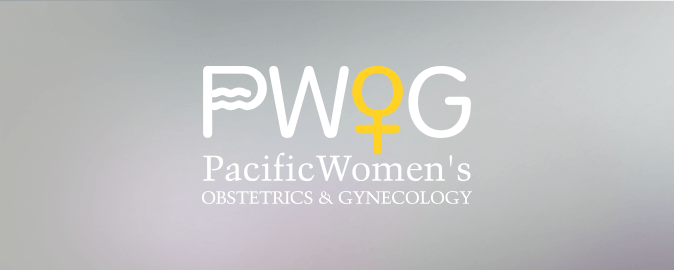Blog

COVID in Pregnancy
Most (at least 86 percent) pregnant patients with known or suspected COVID-19 have mild disease that does not warrant hospital-level care or an emergency room visit.
For mild cases, we recommend home care which is generally supportive, similar to that advised for other acute viral illnesses. Hydration, adequate rest, and frequent ambulation with more advanced activity as soon as tolerated are advised.
Over-the-counter medications that are safe to take for symptoms including congestion, cough and fever include: acetaminophen/Tylenol, guaifenesin/Mucinex, Dextromethorphan, Rhinocort, Claritin, Zyrtex, and Benadryl. Avoid Sudafed/pseudoephedrine
Patients should isolate at home for 5 days. Anyone sick or infected should separate from others, stay in a specific “sick room” or area, and use a separate bathroom (if
available).
To calculate your 5 full day isolation period, day 0 is your first day of symptoms. Day 1 is the first full day after your symptoms developed.
If you test positive for COVID-19 and never develop symptoms, day 0 is the day of your positive viral test (based on the date you were tested) and day 1 is the first full day after your positive test. If you develop symptoms after testing positive, your 5-day isolation period must start over. Day 0 is your first day of symptoms. Day 1 is the first full day after your symptoms developed.
If you have no symptoms or your symptoms are resolving after 5 days, you can leave your house.
Continue to wear a mask around others for 5 additional days.
If you have a fever, continue to stay home until your fever resolves.
When to call the provider — Patients should call their provider (or seek emergency medical care) if they experience worsening shortness of breath, persistent fever above 100.4 despite tylenol, unable to keep down fluids and stay hydrated, persistent chest pain with deep breaths, confusion, coughing up blood, or obstetric complications (eg, preterm contractions, vaginal bleeding, leakage of fluid)
Back to blog